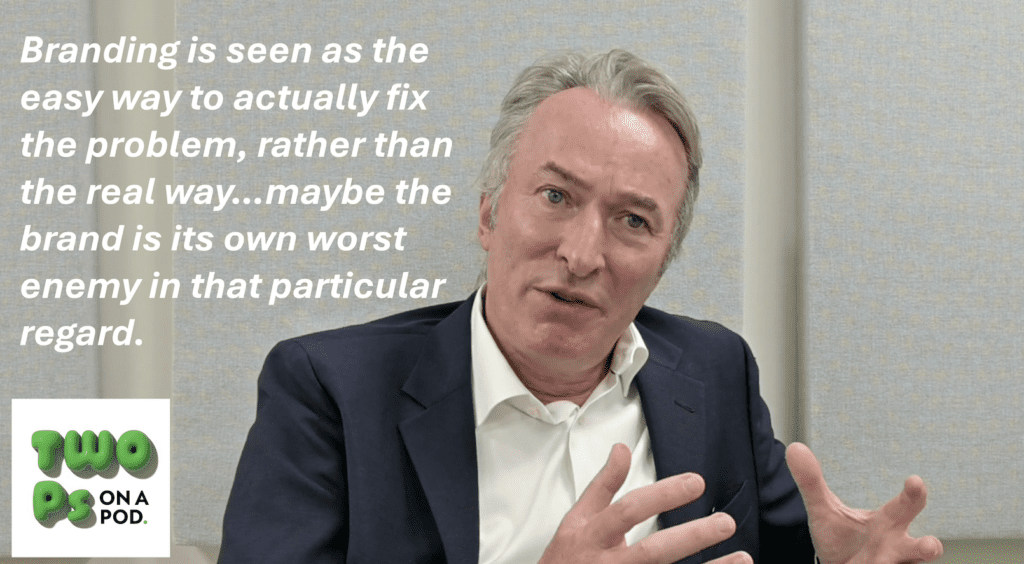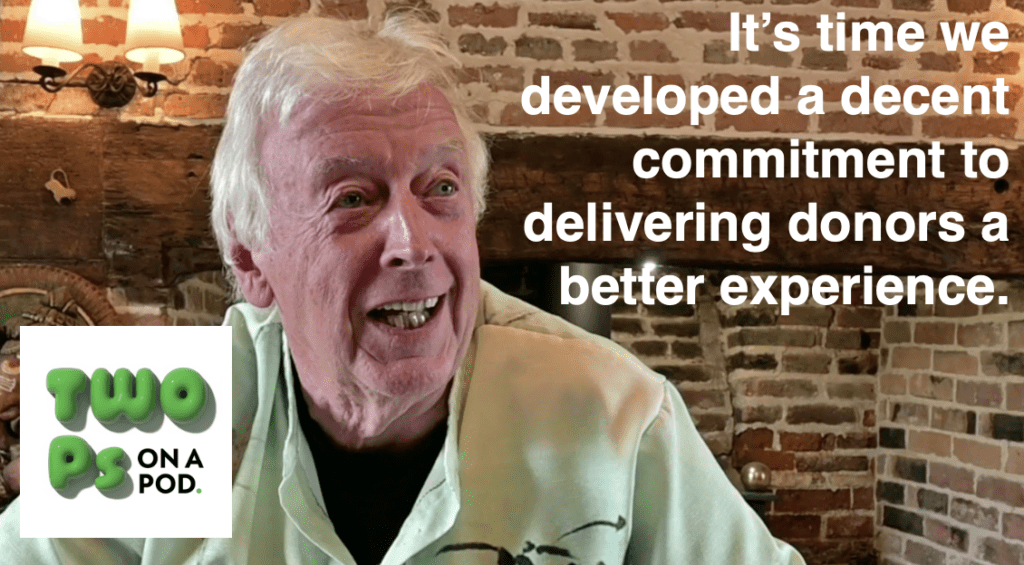Giving is a game
This one's very left field. It's the weekend, so forgive me.
It's a thirty minute presentation by Jesse Schell, at DICE 2010, on the future of games.
Maybe you should stop now. You're a fundraiser for a charity. There's nothing you can learn about fundraising from games.
That's probably what most car manufacturers, record companies, toothpaste manufacturers, book publishers, health insurers, road safety campaigners, environmentalists and every other company in the world thinks about their businesses too.
But that might be a mistake. That's because game developers are identifying the key psychological engagement techniques that charities will be using over the next decade.
There are two key elements that I'll pick out from the presentation.
The first is the growing hunger for authenticity.
In the world of gaming, reality is king. You don't want to play against your computer. You want to play against – and with – your friends. Just like we did when we were ten, running round the park. You want to see what you can achieve and you want to measure yourself against what your friends are doing.
As charities, we are doing some of the most authentic stuff in the world – saving lives, protecting species, defending the environment.
It's exciting, mind-blowing work.
We don't do it for the money as we could earn loads more if we went to work for banks or created ads for baked beans. But the buzz we get when we see what we've actually achieved is worth much, much more.
Why don't we do more to give donors an authentic experience of seeing what they have achieved?
Donor feedback is an ongoing theme of this blog. That's because I've seen the evidence of what happens when we show people what they have done rather than talk about what the charity has achieved – we slash attrition and dramatically increase income.
Technology is radically changing the way we bring people closer to our work and this video points us where we might be going.
Second is the use of incentives. In games, it's virtual money or experience points, but even plant leaves are being used.
Ford's new Hybrid car has a fuel gauge that incorporates a digital plant. The more economically you drive, the more leaves grow. Keep an eye out for the ideas around tax rebates for more on how people might be incentivised to do 'good' things.
Try and find some time to watch this. I think you'll find it be worthwhile.
Thanks to @rydesign for the heads up. If the video doesn't load you can find it here.
Tags In
The Essentials

‘Tis Halloween. Keep to the light and beware the Four Fundraisers of the Apocalypse!

Why do people give? The Donor Participation Project with Louis Diez.

A guide to fundraising on the back of a postcard

What does the latest research tell us about the state of fundraising?

How do donors manage their philanthropic budgets?





